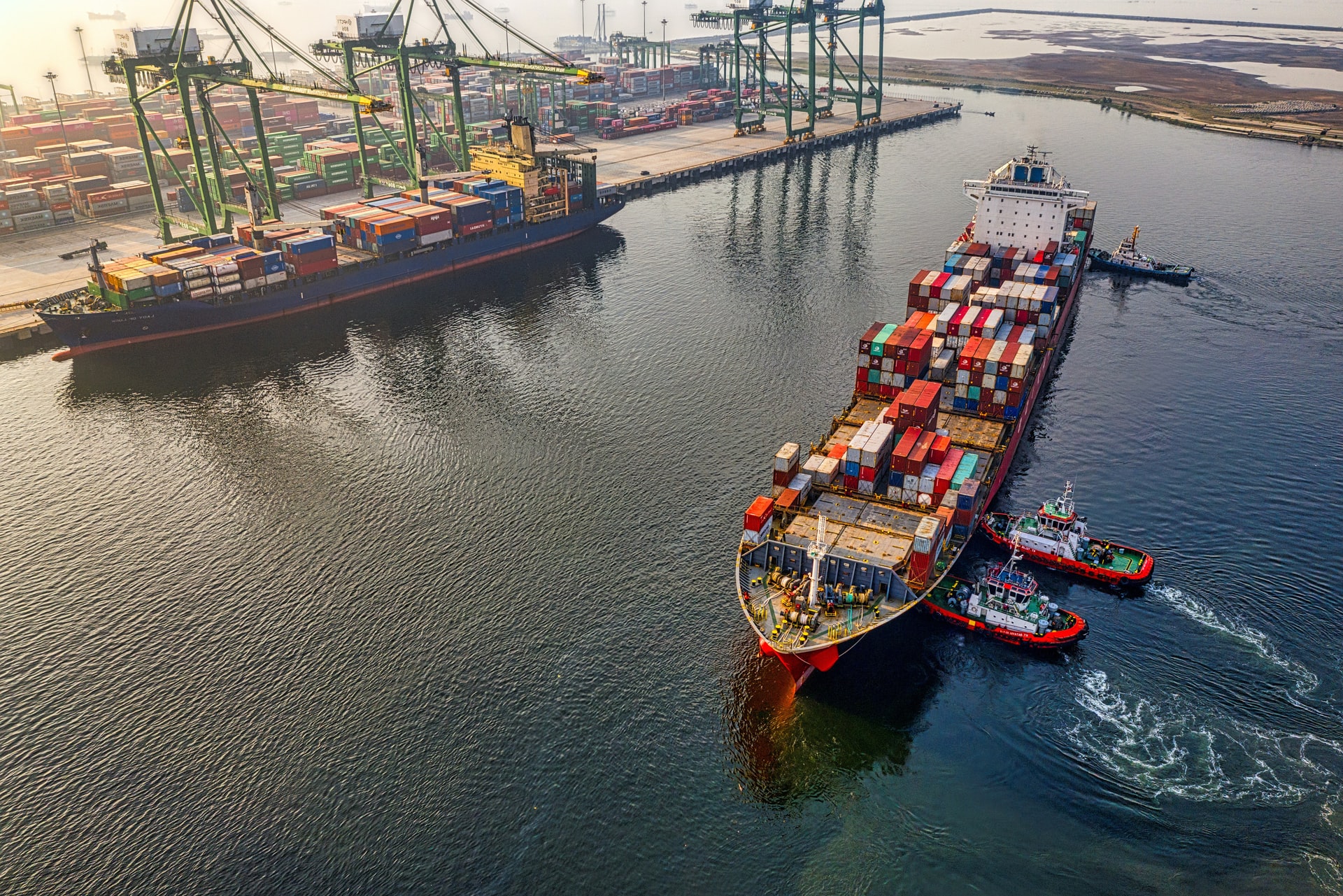

President Biden signed the Ocean Reform Act of 2022 into law Thursday, which earned bipartisan support for its aims to address shipping challenges. In a statement celebrating the bill’s passage, the US Senate Committee on Commerce, Science, and Transportation claimed it will “crack down on foreign-owned carriers’ unfair shipping price hikes, strengthen maritime supply chain and reduce costs for consumers.” The Act also intends to cut down inefficiencies in the shipping process and ease the flow of ships at ports.
According to CNBC, the Act is the “first significant” change to maritime legislation in nearly 40 years. It comes as the country continues to struggle with capacity challenges at its ports, which have set new volume records over the past year as a ripple effect of Covid-19, causing major disruptions and backups. Prices have also skyrocketed—Freightos, a booking platform for international shipping, says shipping costs are up 41 percent globally from last year.
[Related: Record numbers of giant ships are waiting off California]
To address these challenges, the Ocean Reform Act largely puts the impetus on the US Federal Maritime Commission (FMC), the agency tasked with regulating container ships going in and out of the country, giving it a suite of new responsibilities and tasks to make those changes happen. Under the new legislation, the FMC will have enhanced authority to investigate and regulate ocean carriers’ business practices and address any infringements. That includes establishing new reporting measures about imports, exports, and empty containers in an effort to increase transparency, with the potential for additional data to be collected during times of “emergency congestion.”
The FMC is now directed to draft new rules regarding “unreasonable” declinations of US cargo, as well, addressing companies that have been choosing to export empty containers rather than those filled with US goods, and provides increased protections for US businesses against retaliation. The act also changes the process behind “demurrage and detention” charges, which CNBC likens to “late fees” paid by importers and exporters that are then passed to shoppers, hiking up inflation. And, for American businesses looking for a more direct line to the federal agency, it calls for the FMC to create a new Office of Consumer Affairs and Dispute Resolution Services to provide that assistance.

